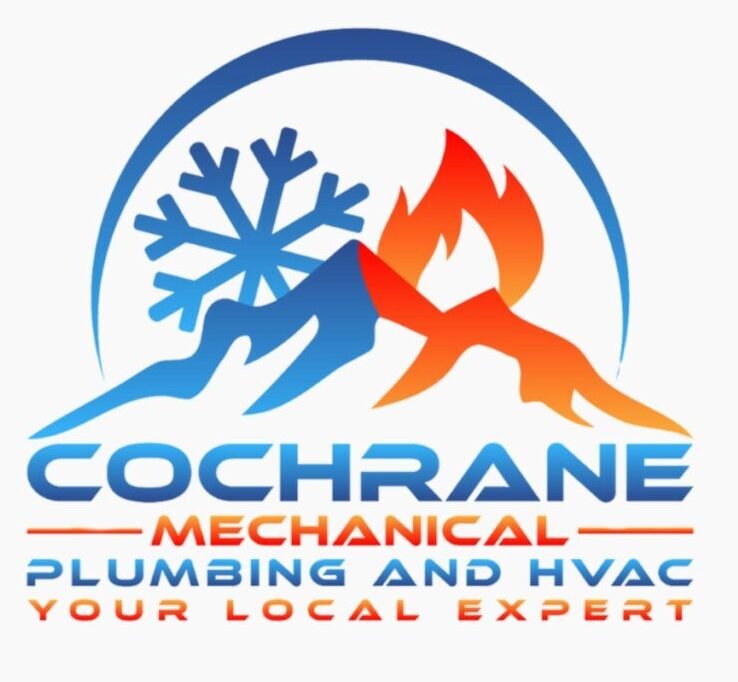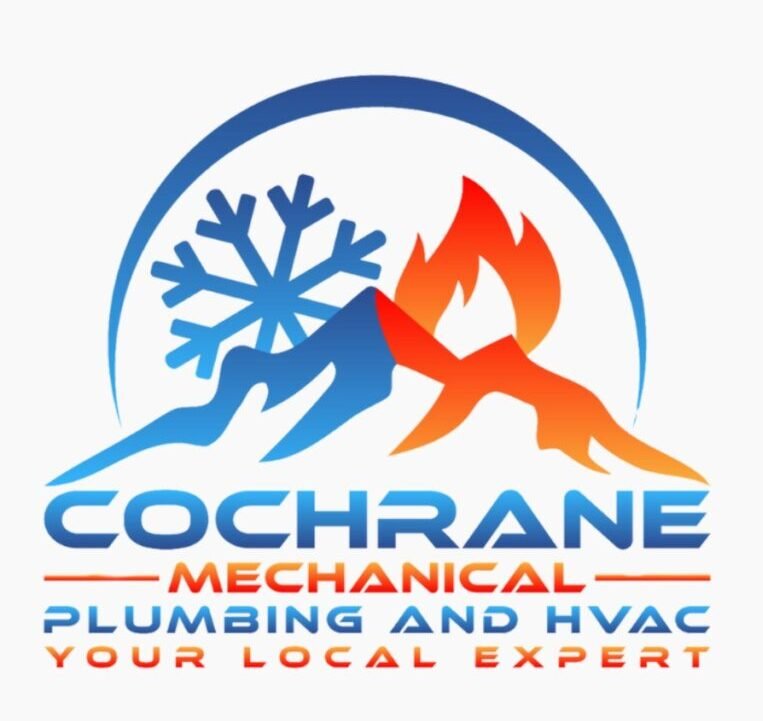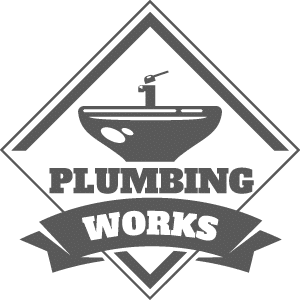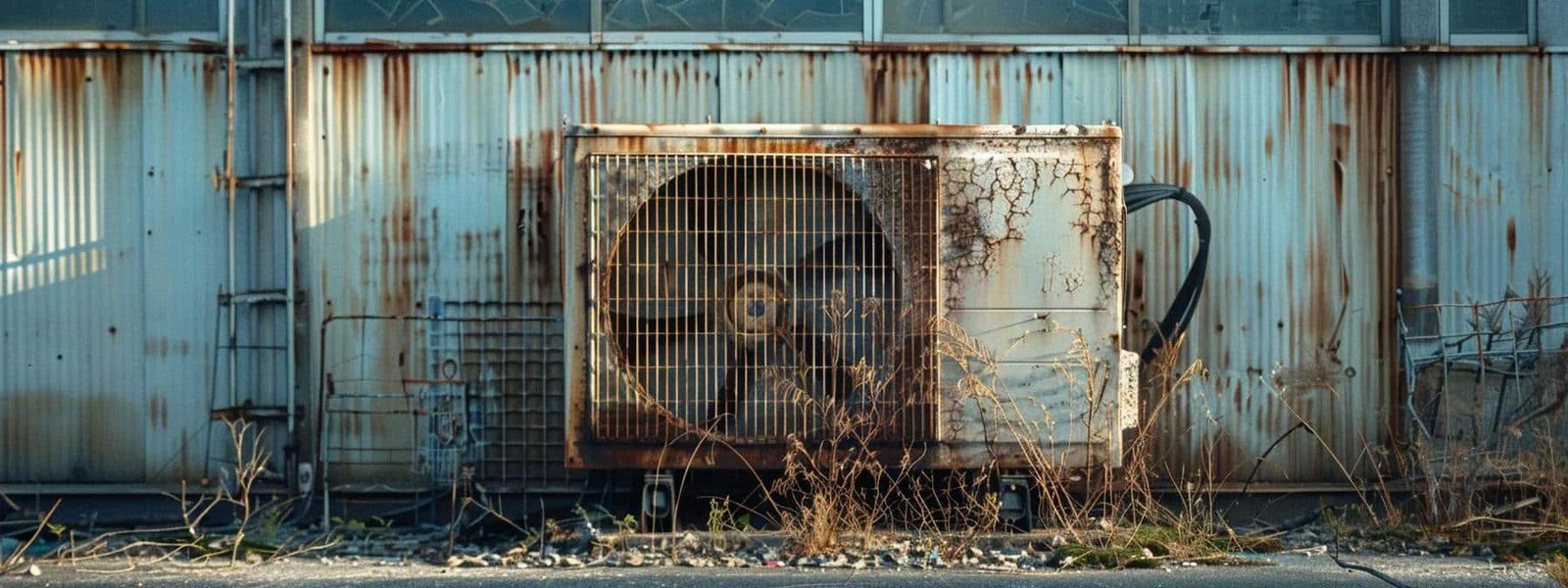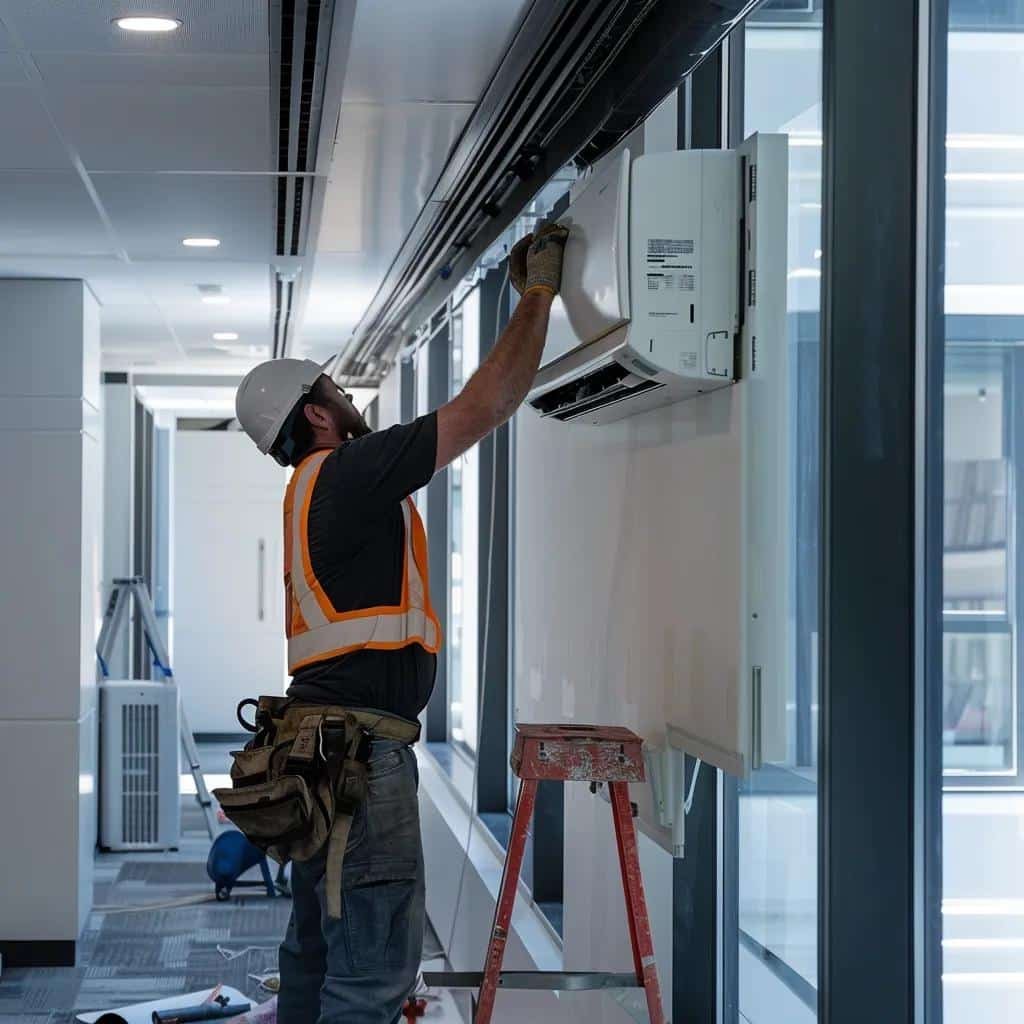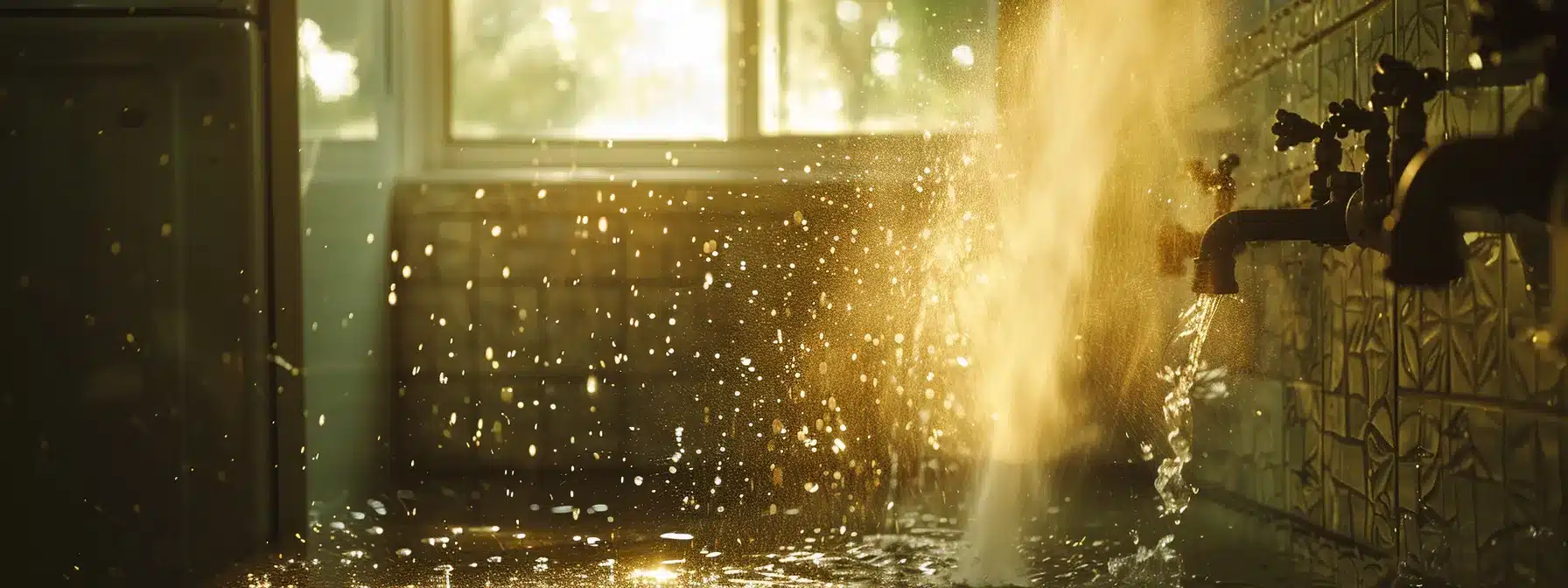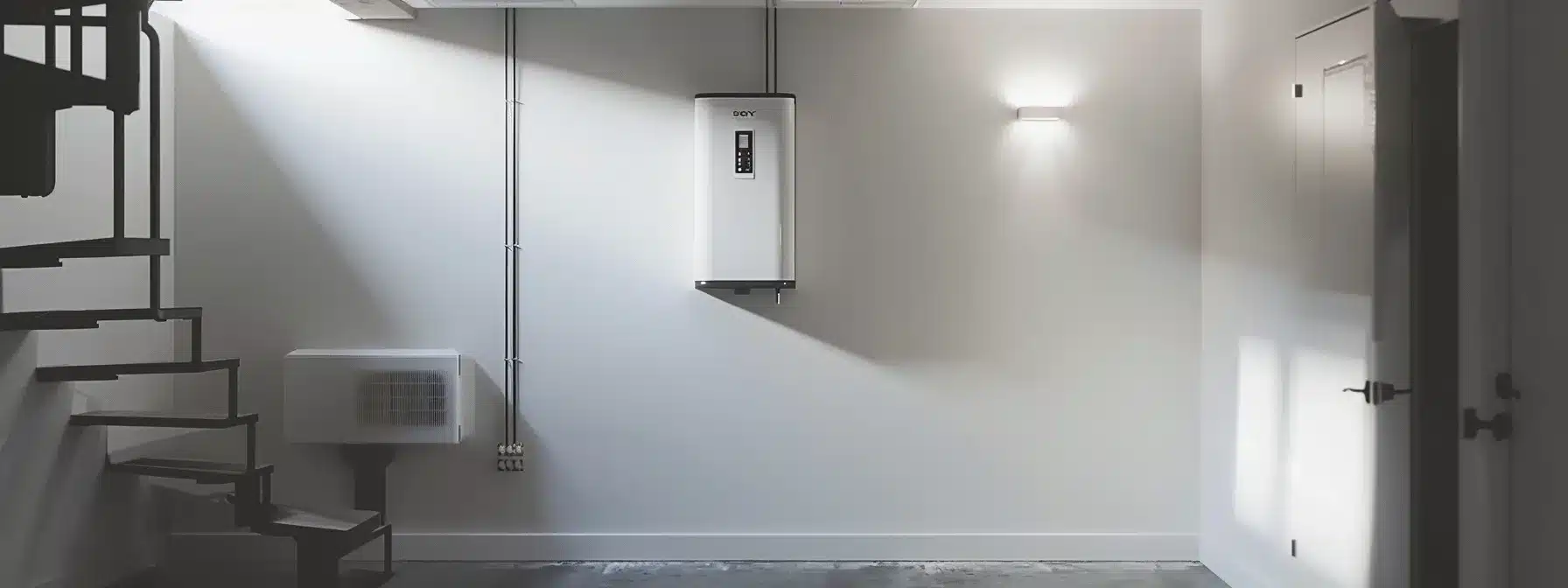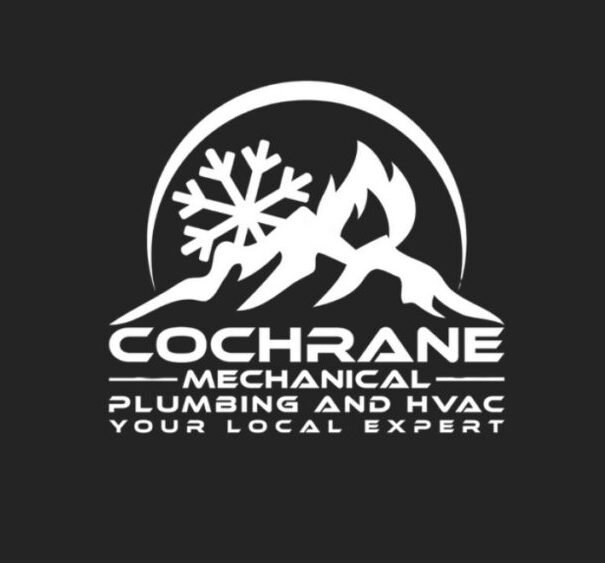Imagine if 60% of home heating emergencies could be prevented with one simple annual routine. This striking statistic underscores the critical importance of regular gas service checks for ensuring the safety and efficiency of your home’s heating system. Our article offers an in-depth look at the necessity of furnace maintenance, showcasing how a yearly inspection can significantly reduce the risk of hazards like gas leaks and poor heat transfer. We will guide you through recognizing signs that your heating services require attention, scheduling maintenance without hassle, and understanding the regulations in place to protect your household. By following the advice laid out, not only will you safeguard your family from potential emergencies, but you’ll also extend the lifespan of your appliances and improve their overall performance. Dust off any complacency regarding furnace care—let’s ensure your home remains a safe, warm haven year-round.
Ensure Safety With Annual Gas Service Checks
Regular gas service checks are essential for home safety, as they can reveal hidden gas leaks and prevent carbon monoxide risks. Such maintenance is vital not only for preserving the integrity of pipes and air purifiers but also for ensuring the safe operation of water heating systems and heating and cooling units. The upcoming sections will delve into detecting gas leaks and maintaining equipment to prevent harmful incidents, highlighting the power of proactive steps in safeguarding your home.
Detect Hidden Gas Leaks Before They Become Hazardous
Undetected gas leaks pose a silent but deadly risk, potentially leading to catastrophic events if not identified and remedied promptly. In regions such as Ottawa, where varying temperatures may stress household systems, annual inspections by certified technicians can spot issues with your home’s infrastructure, including the fuse system, compressor, and water purification components. These checks are especially necessary for early detection of problems with your furnace that could otherwise lead to dangerous gas leaks.
Homeowners often overlook the subtle signs of a gas leak, yet staying vigilant about this threat is crucial for family safety. Engaging a professional for an annual gas service helps confirm the integrity of your home’s gas lines and appliances. Experts use sensitive detection equipment to identify even the smallest leak, which might otherwise evade notice, ensuring the safety of occupants while protecting the property from potential gas-related damage.
Prevent Carbon Monoxide Risks Through Maintenance
Proactive maintenance is a homeowner’s first line of defense against the silent but pervasive threat of carbon monoxide, an odorless gas with potentially fatal effects. Scheduling regular checks of your heating system and air conditioning units—critical in places like Mississauga where temperature swings are common—can prevent malfunctions that lead to monoxide build-up. A technician’s skilled eye could recognize a compromised ventilation system or identify the need for a filter replacement, ensuring the air circulating in your home remains safe and clean.
In Barrie and surrounding areas, where the winters are harsh and heaters work overtime, the risk of monoxide exposure heightens with the increased use of heating appliances. By securing an annual gas service, residents can illuminate the dark corners of furnace and boiler maintenance, spotting potential hazards before they escalate. This service goes beyond a cursory check; it’s a thorough safety inspection designed to shield a household from the latent dangers of monoxide poisoning.
Recognize When Your Gas Appliances Need Service
Recognizing the signs that your gas appliances require servicing is crucial to maintaining home safety and reducing greenhouse gas emissions. Unusual smells or persistent noises might signal combustion issues in your furnace, indicative of underlying inefficiencies or potential hazards. By addressing reduced efficiency swiftly, homeowners ensure their humidifier, heating systems, and other gas-powered equipment operate safely, adhering to warranty parameters and minimizing the risk of serious furnace issues.
Notice Warning Signs Like Unusual Smells or Sounds
An early warning of a malfunctioning gas appliance often comes in the form of unusual noises or smells that shouldn’t be ignored. A clunking sound might indicate a problem with airflow in the heating and air system, while a rotten egg scent could signal a serious issue requiring immediate air conditioning repair. Residents should be attentive to such signs, as they may precede critical conditions like a furnace failing to ignite.
Furthermore, inconsistencies like a water heater struggling to maintain temperature, alongside the sound of gas escaping before a furnace ignites, are clear indications that water heater or furnace repair services are needed. These auditory and olfactory cues serve as vital alerts for homeowners, prompting them to seek professional assistance before a minor issue escalates into a costly and unsafe situation.
Address Reduced Efficiency in Heating Equipment Promptly
Immediate attention to reduced efficiency in heating equipment is not only about comfort but also concerns safety and cost. In cities like Toronto, where winters can strain any system, a Trane furnace working below par is a red flag that a homeowner must not dismiss. Timely detection and repair of issues, such as a faulty sensor that affects gas combustion, ensure that heating systems function optimally, maintaining a warm and safe environment during the frigid months.
Time often stands as the enemy of machine efficiency, and neglect only exacerbates the issue. Taking swift action to switch out aging components or to recalibrate the heating system’s sensor can prevent a minor hiccup from transforming into a major malfunction. Residents, by keeping a watchful eye and responding to signs of inefficiency, can preserve the longevity and safety of their heating equipment and sidestep the sting of emergency repair costs.
Schedule Your Annual Gas Service Effectively
Ensuring your home’s safety begins with scheduling an efficient annual gas service. It’s critical to enlist qualified professionals capable of inspecting duct systems, fuel lines, and emergency furnace repair protocols. Moreover, homeowners need to understand how to prepare their homes for a thorough gas inspection—this includes assessing propane systems and sump pumps. The upcoming discussion will offer insights into locating expert service providers and readying your residence for a comprehensive safety evaluation.
Find Qualified Gas Service Professionals Near You
Locating qualified HVAC contractors is an essential step in ensuring your gas service is conducted efficiently and safely. Seek out professionals who have a proven record of handling HVAC systems with care, focusing particularly on those who can spot soot accumulation or thermostat inconsistencies that could signal deeper issues. These vetted experts should have the necessary certifications and a history of effectively diagnosing and executing furnace repair, instilling confidence that your home’s safety is in capable hands.
Their expertise not only covers the technical aspects of maintenance but also encompasses a thorough understanding of gas safety regulations. A highly recommended HVAC contractor will systematically inspect your system, keeping an eye out for any signs of wear or potential gas leaks. By entrusting your annual service to these seasoned professionals, homeowners can relax, knowing their furnace and HVAC system will run optimally and securely throughout the year.
Prepare Your Home for a Comprehensive Gas Inspection
Preparing your home for a comprehensive gas inspection is a crucial step in detecting potential hazards such as leaks, oil contamination, or fire risks. Homeowners should ensure easy access to all gas appliances and clear any clutter that might obstruct the technician’s inspection path, particularly around the furnace, water heater, and HVAC system. By doing so, they improve the efficiency of the check and enable the professional to conduct a meticulous assessment, looking for anything from refrigerant issues to the proper functioning of HEPA filters.
Before the technician’s visit, it is also wise to document any appliance malfunctions or irregularities noticed in the months leading up to the service appointment. Not only does this provide the service professional with valuable clues, but it also targets their attention to specific areas like unusual gas odors or fluctuations in heating efficiency. By proactively preparing for the service check, residents display a responsible stance toward home safety, ensuring that each inspection sufficiently covers potential leak points and verifies that all safety mechanisms are operational.
Comply With Gas Safety Regulations in Your Area
Navigating the legal landscape of home gas systems is pivotal to ensuring safety and compliance. This section will examine the importance of understanding your local gas safety regulations, which inform everything from routine furnace repair to maintenance plans. In tandem, we discuss the necessity of meticulous record-keeping, which is critical for insurance purposes and adhering to safety guidelines. Gaining clarity on these matters can protect your budget and contribute to maintaining optimal humidity and heater tank performance within your home.
Understand Legal Requirements for Home Gas Systems
Understanding the legal requirements for home gas systems is critical, particularly during emergencies such as when a furnace fan is not turning on or a furnace is leaking water when the AC is on. Homeowners are responsible for ensuring that HVAC systems, including heat pumps, adhere to local safety guidelines to mitigate risks. These regulations often mandate specific standards for installation, maintenance, and repair, including emergency protocols to be followed by service professionals, to ensure residential heating systems operate safely and efficiently.
For homeowners facing heat pump repair or dealing with HVAC inefficiencies, familiarity with legal requirements is invaluable. Not only does compliance prevent problematic scenarios, such as a furnace malfunction or water leaks, but it also ensures that emergency repairs are conducted within legal benchmarks. This proactive acquaintance with gas safety regulations provides homeowners with peace of mind and spells out the steps to take when critical systems like the HVAC demand urgent attention to continue safeguarding the household.
Keep Maintenance Records for Insurance and Safety
Maintaining a log of service records for your home’s water tank, ignition system, and limit switch is vital for insurance claims and overall protection. These records serve as a testament to the care and maintenance invested into the safety of the gas systems, and can be pivotal during insurance assessments following unexpected incidents. They demonstrate adherence to recommended service schedules and can influence insurance providers to expedite the claims process because they’re evidence of proactive safety measures.
For homeowners, meticulous documentation of every maintenance visit and repair provides more than just peace of mind; it’s a critical component of a comprehensive safety strategy. Detailed records highlighting the condition of the water tank’s pressure relief valve or the ignition system’s performance, for instance, can facilitate fast diagnosis and resolution of issues, ensuring continuous protection against potential hazards. This practice of recording maintenance activities reinforces homeowners’ commitment to keeping their heating systems in top operating condition, minimizing risks to their households.
Extend Appliance Lifespan With Regular Gas Servicing
Regular gas servicing is key to prolonging the life of your home’s appliances, contributing to reduced energy costs, and preventing inconvenient breakdowns. It’s prudent to consider HVAC repair and heat pump installation when appliances like your furnace are not heating effectively. Likewise, installing a tankless water heating system can enhance efficiency and reduce your carbon footprint. The upcoming discussion will explore strategies for maintaining appliances to avoid disruptions and optimize performance for air and heating systems, including timely repairs and routine maintenance.
Reduce Energy Costs With Efficient Gas Appliances
An efficient gas appliance can lead to significant reductions in energy costs, benefitting homeowners with both financial savings and enhanced safety. By considering replacement options that embrace modern energy standards, such as a smart thermostat installation, individuals can gain better control over household gas consumption. Not only does this align with eco-friendly practices, but it also streamlines the performance of home heating, plumbing services, and refrigeration systems, cutting down on energy bills while upholding a safe environment.
Furthermore, maintaining and servicing existing gas lines and appliances ensures they operate at peak efficiency. Technicians specializing in plumbing services can identify areas where inefficiencies occur, advising on repairs or replacements before minor issues turn into costly problems. Proactively managing gas systems with regular checks not only secures the home from potential hazards but also fortifies the homeowner against unnecessary expenditure, illustrating the intersection of safety and economy within residential gas management.
Prevent Breakdowns With Proactive Maintenance Strategies
Proactive maintenance strategies, such as timely installation services for heat pumps or furnace repair service, are essential steps in preventing the dreaded breakdowns that can lead to unsafe conditions, including carbon monoxide poisoning. By opting to replace aging components before they fail, homeowners effectively minimize the risk of sudden malfunctions that not only jeopardize safety but also result in costly emergency repairs.
Regularly engaging with professionals for furnace repair service ensures that small problems are caught early, reducing the likelihood of extensive damage to the unit or worse, hazardous incidents. This attentive approach towards maintenance keeps heating systems running efficiently, forestalling unnecessary energy use and extending the lifespan of these vital home appliances, while simultaneously protecting residents from the dangers of carbon monoxide exposure.
Take Immediate Action in Gas Emergencies at Home
Understanding how to swiftly react to gas emergencies is critical for safeguarding family well-being and maintaining home comfort. Promptly addressing a suspected gas leak by checking air filters, inspecting pumps, or examining the boiler could be life-saving. This section underscores the necessity of immediate professional intervention when these situations escalate. It will cover practical steps to respond to gas leaks effectively and discuss the importance of leveraging protection plans to engage skilled technicians during urgent matters.
Respond Quickly to Gas Leaks to Protect Your Family
Responding swiftly to gas leaks is imperative to protect your family and maintain healthy indoor air quality. Calgary homeowners, familiar with the wear and tear harsh winters inflict, should be particularly cautious of Lennox furnace issues that might signal a gas leak. A prompt call to a local HVAC service can ensure a rapid, professional response, mitigating risks to both health and property.
Equipping your household with knowledge on handling gas emergencies contributes significantly to safety measures. As soon as one suspects a gas leak, it’s vital to ventilate the affected area, if possible, and immediately seek professional assistance to inspect and rectify the problem, ensuring the continuing integrity of the home’s HVAC system and the well-being of its occupants.
Contact Professionals When Emergency Situations Arise
When a gas leak or a strange noise from your gas appliance hints at an issue, immediate intervention by professionals is non-negotiable. Acting quickly to close the valve and secure ventilation helps mitigate danger, but the expertise of a seasoned technician is crucial to repair water heaters, boilers, and HVAC systems safely. These experts not only bring proficiency in resolving the immediate concern but also prevent further risks, reinforcing the safety of your home.
Homeowners should remember, during a gas emergency, that time is of the essence. Contacting a licensed gas service provider ensures that all necessary repairs are conducted promptly and to the highest safety standards. Whether it’s a gas valve that needs replacement or a heater that requires meticulous attention, professionals are equipped to handle the intricacies of the system, ensuring restoration of safe operation and peace of mind for residents.
Key Takeaways and Essential Points to Remember
Annual gas service checks are crucial in preventing silent hazards like gas leaks and carbon monoxide poisoning, protecting your family’s health and home integrity. Recognizing warning signs from your gas appliances and responding with prompt maintenance can greatly reduce risks and energy costs. By understanding and complying with gas safety regulations and keeping thorough records, homeowners establish a strong safety net and ensure proper functioning of their heating systems. Regular servicing and proactive strategies not only extend the life of gas appliances but also reinforce the peace of mind that comes from living in a safe and secure environment.
